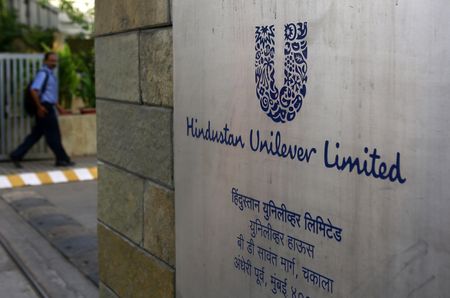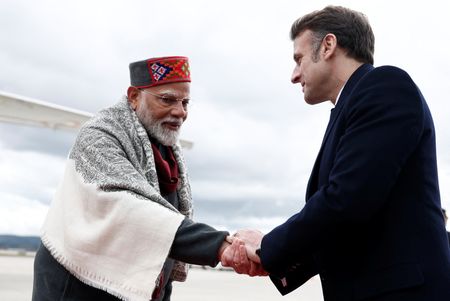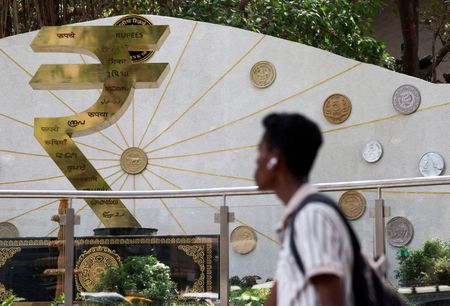By Jesus Calero
(Reuters) -Danish biotech company Novonesis stuck to its full-year targets on Wednesday, as strong bioenergy demand in India and Latin America helps offset revenue losses caused by negative currency exchange effects, notably from the weak U.S. dollar.
Shares of Novonesis, formed through the merger of Novozymes and Chr. Hansen, were down about 7% at 1140 GMT after it reported second-quarter profit margin below market expectations earlier in the day, hit by currency fluctuations and tariff-related costs.
However, those negative effects were partly offset by local U.S. production, CEO Ester Baiget told Reuters.
Global bioenergy markets are navigating shifting demand and pricing pressures, with some regions hit by inflation and evolving energy policies. In particular, India has emerged as a critical growth driver against this backdrop.
A government push for energy independence has sharply increased India’s bioethanol blending in fuels, from just 5% a few years ago to 25% today, and with 45% “very close”, Baiget said.
“We’re merging our solutions for bioenergy from corn and from biomass, upgraded into labelling solutions of yeast and an enzyme that our customers convert into biofuels,” she said.
“For every single biofuel plant created in India, about 300 jobs are generated upstream and downstream,” she added.
Beyond job creation, this demand reflects a broader geopolitical shift, with similar trends unfolding in Brazil and Southeast Asia where demand for biodiesel made from waste oil is accelerating, Baiget said.
Novonesis also exited Russia earlier this year, which had a modest impact on sales growth. The exit was a part of a long-term focus on profitable, scalable markets.
“We’re growing two times, three times, four times the market that we’re present in,” Baiget said.
Novonesis is targeting compound annual revenue growth 6% to 9% through 2030, with a core profit margin of 39%. Bioenergy is a key driver to reach these targets.
(Reporting by Jesus Calero in Gdansk, editing by Milla Nissi-Prussak)










